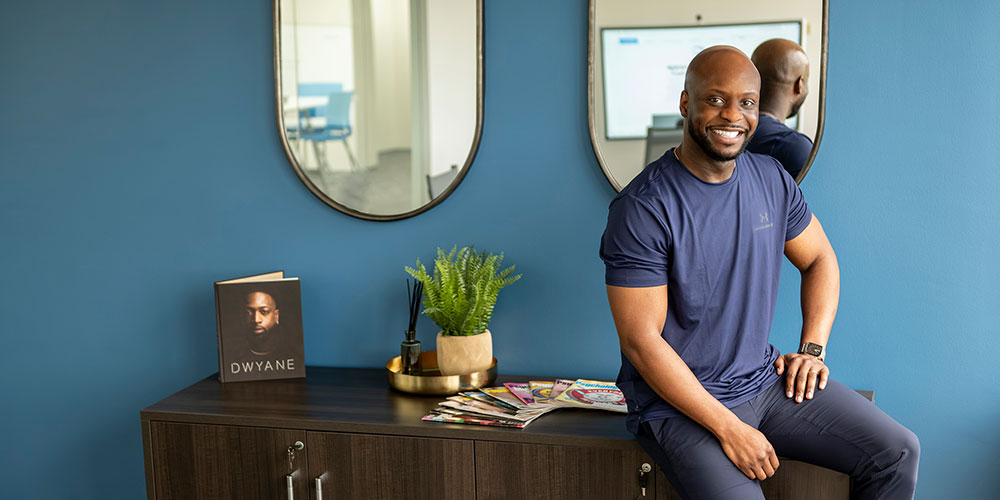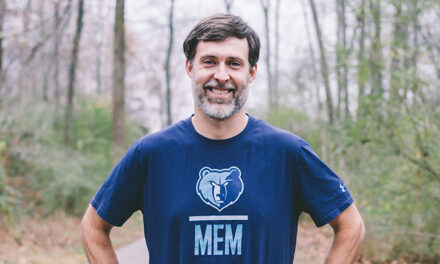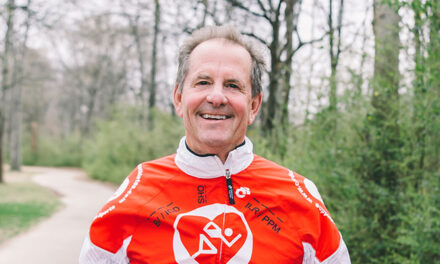Memphis native Dr. Justin Dodson is paving the way for men’s mental health in Memphis and beyond with his new therapy services, which are focused on empowering the next generation.
After graduating with a Master of Counseling from Lipscomb University and a PhD in Counselor Supervision and Education from the University of Memphis as the first African American from both programs, Justin began his career working with delinquent men and troubled youth in different capacities.
“What I recognized as a commonality in those places designed to be supporting men was instead leaving them with a lack of emotional intelligence, inability to process emotions, and punishing them for having feelings,” he explains.
During his doctoral research, Justin’s curiosity was piqued when he discovered a difference between men and women in the onset of mental disorders. It got him thinking about how to fill that gap.
“Men often have this internal narrative that masculinity means being hard and aggressive and just providing.” Despite men and women having the same emotional needs, “men tend to get overlooked, leading to suppressive feelings and problematic behavior.”
Justin’s understanding of this runs deep. His father passed away the day before his tenth birthday, forcing him into many parental roles and responsibilities, making no room for childhood vulnerabilities.
“That experience shaped the way I saw mental health because when I reflected on it, I had some unmet needs. As I grew up,
I tried to make sense of a lot of that.”
During the pandemic, Justin left his work behind in residential treatment and larger-scale clinical services to pursue his dream
of direct work as a mental health clinician.
“My definition of success changed,” reflects Justin, of founding his practice, Navigating Courage Counseling and Consulting, which started with just nine clients he would see in the evenings after work.
Since 2020, the practice has grown exponentially, and just last month opened an office.
Justin often describes men’s health as “unchartered territory” because “men haven’t consistently been afforded the same emotional opportunities” as women.
“The purpose of my practice is to provide a safe space for men to feel seen, heard, and challenged,” Justin tells me.
Through his research, observations, and lived experiences, Justin believes that by learning conflict resolution, compassion, and addressing limited problem-solving skills, he can interrupt unhealthy behavior patterns for generations to come.
“I hope to consistently create a community where men are heard, held accountable, and comfortable being themselves while increasing their emotional intelligence and developing healthy coping.”
Less than 4% of all mental health clinicians are male. Justin hopes his all-male staff and clinical team of minority male therapists provide experiential opportunities for those pursuing this line of work and normalize seeing men in caring and nurturing roles.
When I asked Justin what he thinks of men afraid of therapy ‘softening’ them, he says, “I would challenge them to reevaluate their definition of manhood and masculinity to be one they create, and not one lived by someone else’s expectations. Being in touch with your emotions makes you more powerful and in control. That’s the real flex.”
Navigatingcouragecac.com
IG: itsdrjkeith







